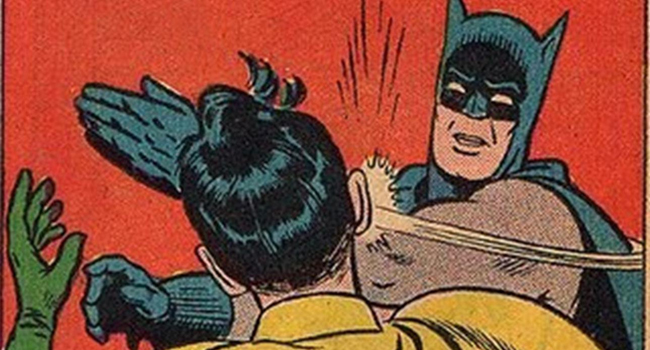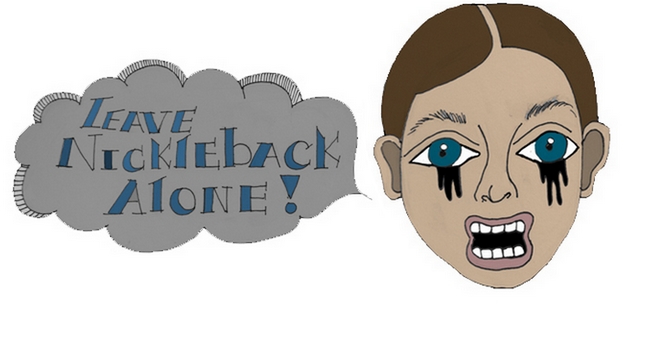Urban Dictionary describes frat rap as “Hip-hop music that has fallen off the path of real hip-hop and is made for college kids to get high to and talk about how they miss ‘real hip-hop.'”
Is this the future of hip-hop as we know it?
A leader in today’s frat rap movement performs under the name Mac Miller, previously Easy Mac. He’s a rapper known for laid-back tracks about cutting class, smoking up and “getting it in.” His notable mixtape K.I.D.S. drew significant attention from a younger hip-hop audience, those belonging in the high school and early college demographic.
It’s not that the music Mac Miller provides is necessarily poorly executed; it’s just incredibly superficial.
While many applaud Mac for being so brave sing about what he cares about and allowing for it to become a success, to others, it garners a collective eye-roll.
One must question how seriously this guy actually takes himself. Many of his tracks include an ad lib between verses along the lines of “Man, I’m really feelin’ this right now” or “That’s some real shit right there.” Often listeners are able to look past an artist’s immaturity, especially when they first step out onto the scene, but Miller’s voice is strikingly young in its character. This artist is a 19-year-old who got a lucky break from his cheaply made viral track about Donald Trump, which incidentally earned a bit of attention by the Donald himself.
He legitimately sounds like a kid trying to rap. He does deserve credit for his talent in live performance and rhyming ability, but aside from that, it’s hard to tell whether he or any other artist in his field will make a lasting impression along the hip-hop timeline.
Musicians argue is that it’s much more difficult to write about “real” things. It’s much easier to spit out lyrics about simple things like hitting on women, partying and the road to success. These subjects only travel so deep. But is music more substantial when it laces together words woven with lust for artistry and passion for musicianship? None of Miller’s songs go much further than dreams of a fantasy success and an ideal lifestyle filled with money, women and partying.
Essentially it would be difficult for a listener to become deeply affected by some of Miller’s work like they might for Drake, Eminem, or something more underground like Wale or K’naan.
But, consider the demographic in Miller’s community. Must young people venture outside of this subgenre, frat rap, to hear songs about what they value? If a glamorous life is all they treasure, why can’t there be more music like Mac Miller to commiserate with? If indie music is made for hipsters, then shouldn’t frat rap be pleasantly enjoyed by bros looking for a good time?
The eye-rollers don’t see the appeal. They don’t find much substantial art in the fun-loving music, but perhaps there isn’t much seeing into it. This type of attitude places Mac Miller through the same canon as Snoop Dogg. Snoop talks of the same lifestyle, but because of his history, he isn’t placed into the same category of frat rap.
When people become disgusted with the impending future of hip-hop, perhaps it’s best they remember this is probably just a phase of the genre. In reality, each genre has its own pesky gnat that won’t go away.
It’s probably best that people remember what hip-hop stemmed from, considering greats like Public Enemy and LL Cool J that will always be golden, before they pass off the history of hip-hop because of certain musicians who like to write about what’s on the surface instead of the deep, thick fat that tends to get lost in some sort of repetitive cycle.
For now, it might be easier to let it all go and appreciate this phase in the coming generation for what it’s worth or let it go ignored. Either way, there’s never a way to satisfy everybody.



